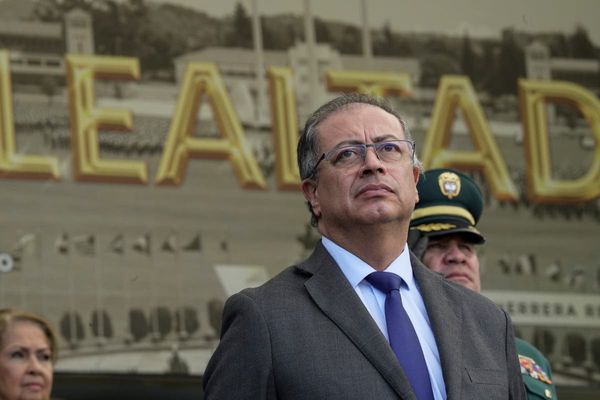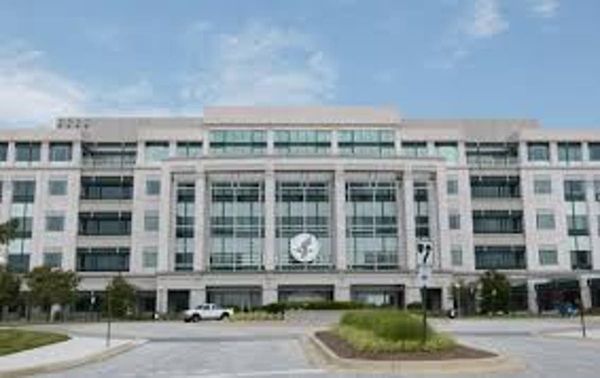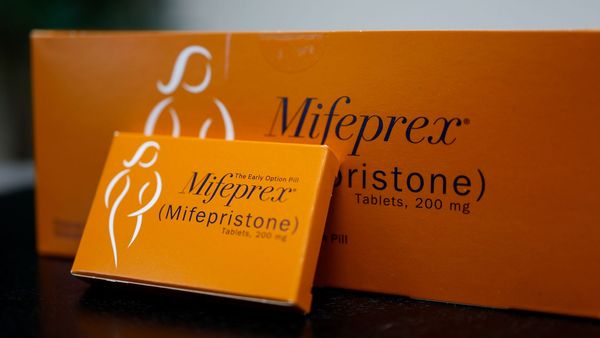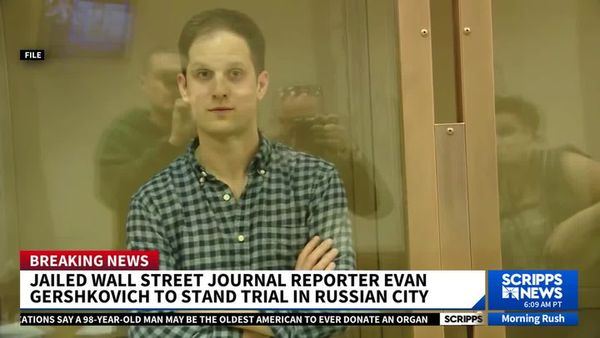
President Volodymyr Zelenskiy has secured Turkey’s crucial backing for Ukraine’s Nato aspirations, though Joe Biden said he did not think there was “unanimity” among alliance members that it should join during Russia’s invasion.
As the war entered its 500th day on Saturday, Zelenskiy hailed progress from talks in Istanbul with counterpart Recep Tayyip Erdoğan. He said: “I am grateful to Turkey for its constant support of Ukraine’s territorial integrity and sovereignty. I believe that, together, we can do even more, saving lives and protecting stability.”
Zelenskiy said military production agreements had been signed, including for the manufacturing of drones, and that he “invited Turkey to join the large-scale work to rebuild Ukraine, its reconstruction, and transformation”.
Zelenskiy’s talks in Turkey were being watched closely by the Kremlin, which has tried to break its international isolation by cultivating strong relations with Erdoğan, who still opposes Nato membership for Sweden.
But while reaffirming his longstanding call for peace negotiations, Erdoğan told reporters at a joint media appearance with Zelenskiy in Istanbul: “There is no doubt that Ukraine deserves membership of Nato.”
However, Biden highlighted a key factor in terms of the timing of membership, telling CNN in an interview that aired on Friday: “I don’t think there is unanimity in Nato about whether or not to bring Ukraine into the Nato family now, at this moment, in the middle of a war.
“… If the war is going on, then we’re all in war. We’re at war with Russia, if that were the case.”
Erdoğan said he would personally brief Vladimir Putin on the latest negotiations when the Russian president visits Turkey next month, his first trip there since the invasion. The Turkish leader said they would discuss possible prisoner swaps, which Erdogan has helped to arrange in the past, and the Black Sea grain deal that has allowed Ukraine to export grain via that route. The deal will expire on 17 July unless Russia agrees to its renewal.
Nato leaders will publicly recommit to Ukraine becoming a member of the military alliance and unite on how to bring Kyiv closer to this goal when they meet at a key summit in Vilnius next week, the organisation’s secretary general has said.
“For 500 days, Moscow has brought death and destruction to the heart of Europe,” Jens Stoltenberg told reporters in a news conference in Brussels on Friday previewing the gathering. “Our summit will send a clear message: Nato stands united, and Russia’s aggression will not pay.”
Zelenskiy has been pushing hard for Nato membership in the run-up to Vilnius, something the US national security adviser Jake Sullivan said would come in the “not too distant future”, but not at the summit in the Lithuanian capital. Kyiv “still has further steps that it needs to take before membership”, Sullivan said.
Zelenskiy has been travelling across Europe trying to secure bigger and better weapons to reinvigorate a counteroffensive that is progressing more slowly than hoped against well dug-in Russian forces.
The Ukrainian president welcomed Joe Biden’s controversial move to approve the sending of widely banned cluster munitions to Ukraine, saying the latest US arms package was “timely, broad and much-needed”, and that it “will provide new tools for the de-occupation of our land”.
Biden has been condemned by human rights groups for approving the munitions, which are prohibited by more than 100 countries. They typically scatter numerous smaller bomblets over a wide area, sometimes as big as a football pitch, and can kill indiscriminately. Those that fail to explode threaten civilians, especially children, for decades after a conflict ends.
Elsewhere, Rafael Grossi, the head of UN nuclear watchdog the International Atomic Energy Agency (IAEA), said on Friday that it was “making progress” on inspecting several areas of the Zaporizhzhia nuclear plant in Ukraine, after claims it had been mined.
IAEA officials had been able to “complete the tours of the cooling ponds and other places”, Grossi said in Tokyo, and they had “not seen any indications of explosives or mines”, he said, although he added IAEA officials had not yet been able to visit the facility’s rooftops.
Ukraine’s military this week claimed “external objects similar to explosive devices” had been placed on the outer roof of the third and fourth reactors at the site.
Ukraine and Russia have accused each other of planning a provocation at the Russia-controlled site, raising alarm over the threat of radioactive disaster at Europe’s largest nuclear plant.
With Agence France-Presse and Reuters







